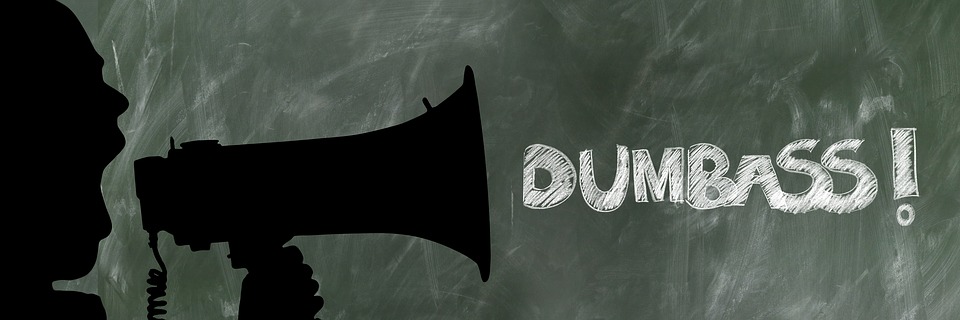We catapult our words at each other like stone-missiles. We cowardly launch words into the anonymity of cyberspace in speech bubbles, drifting off like hot-air balloons, not caring where they land and the damage they can cause. Sometimes it’s the quiet violence of words – around a dinner table, while making love, in the work place, in a classroom, driving in the car, when we pray and worship. We act as if our words don’t belong to us, as if we are not responsible for what we say, how we speak, the letters we form on paper. The violence of words.
We decry the violence in our post- Apartheid brutalised society, but we relentlessly incite violence with fists of words. We are amused, sometimes shocked by the mocking tweets of a Trump, the fearmongering of a Malema and Kriel, the jeering of a raped and abused Khwezi by Zuma supporters, the insensitive trampling of a Zille – and recently, the Facebook rant of a Chris van Wyk (minister and leader in the Dutch Reformed Church) compounding sexual orientation with harmful sexual interests like paedophilia and bestiality. The violence of words.
Words are not merely a scramble of vowels and consonants, strung together into language. Words are “bodily lived-experiences” revealing a future of possibilities. The language philosopher and psychologist, Eugene Gendlin reminds us that “the body is intimately implicated in what things mean”. We live meanings and make meaning/ sense through participating in the world in our bodies. Our words are intimately connected to our bodies. It can also happen that “the language of what things mean changes bodily experience”. Language and lived body is an ongoing process — embodying language; languaging the body. Words and body can change each other. It is an illusion to think that we can construct new realities or different ways of language, but ignore “how we find ourselves in body, time, interpersonal context, and place”(Les Todres). The violence of words, igniting violence in bodies.
We constantly and eternally remain accountable for our words, even in the anonymity of cyberspace. Perhaps we need to reintroduce the idea of wisdom into public space. The theologian David Kelsey argues that humans have a vocation to be wise in their practices for the well-being of the everyday world they live in and themselves. He describes three types of practices in which humans are called to be wise: the way they interact with other humans, the way they interact with social institutions and the way in which humans interact with nonhuman creatures.
Wisdom literature puts extraordinary focus on the correct use of language. There is a normative connection between the ways language is used in complex practices. When language is used as an integral part of wise practices, it entails the use of language in a manner which is true to the persons cooperating in the practice, corresponding to the “realities of the larger public context”. Language is then not used in a deceitful, false and violent way. Through the violence of words we can deform creation. We deform each other.

Thank you for a thought provoking reminder 👌🏼
It is exactly because I experience violence of words that I have to be so cautious as not to be violent with words, although words are also my shield.
Thanks for the insights.